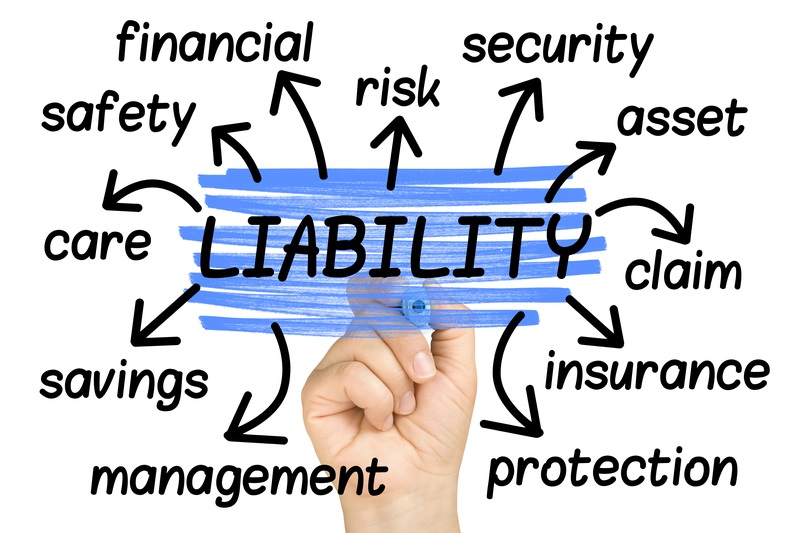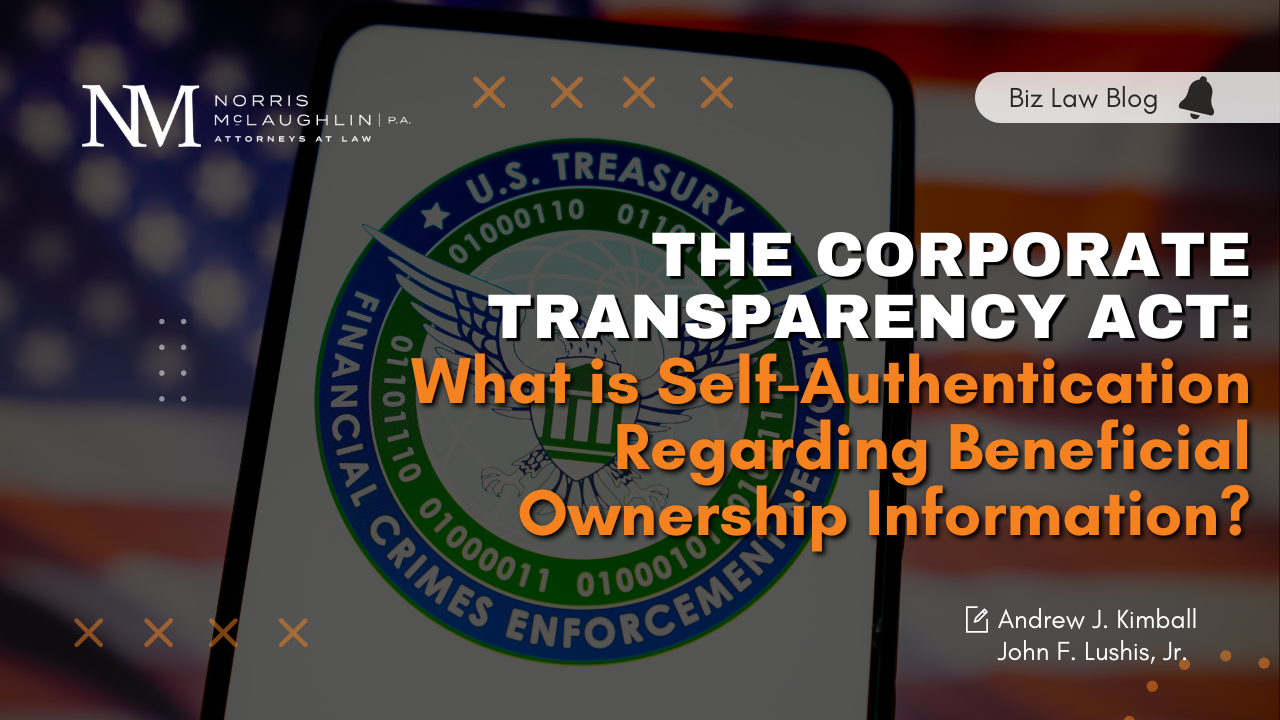Single Member LLCs – Best Practices for Maintaining Liability Protection

In Pennsylvania, forming a corporate entity for your business (particularly an LLC) is a good first step in liability protection for business owners, but it is only the first step. Once your LLC has been formed, you must take certain actions (and avoid certain others) to maintain a separate existence between yourself and your entity to ensure maximum liability protection.
After forming your LLC, you should ensure that your corporate organizational documents are drafted (including an operating agreement), obtain a Federal EIN number for your business, and apply for any required state licenses or approvals in the name of your LLC (not your personal name).
In addition, you should keep the following in mind while operating your business:
- When signing for your business, designate yourself as “Member” or “Manager,” as the case may be, so that you are not acting in your personal capacity, but on behalf of the entity
- Formally register any fictitious/trade names with the state to properly associate the name with your business
- Obtain a bank account for your LLC and never use your own personal bank account
- Never mix personal and business assets, including funds, transfers/deposits, etc.; if you need to put money into the business, you must do so formally in the manner of a capital contribution or a loan (which is documented in writing)
- Do not deposit customer funds into your personal account
- Formally document any business decisions, charges, expenses, checks, reimbursements, compensation, and loans
- When holding yourself out to the public, use your formal entity name (or filed fictitious name) and not your personal name
- Obtain appropriate business insurance coverage in the name of your entity, not yourself personally
- Meet with a licensed CPA to properly prepare and report your business tax returns
- When in doubt, consult with a licensed attorney to ensure you are following the appropriate corporate formalities and upholding the requisite fiduciary duties to your entity



